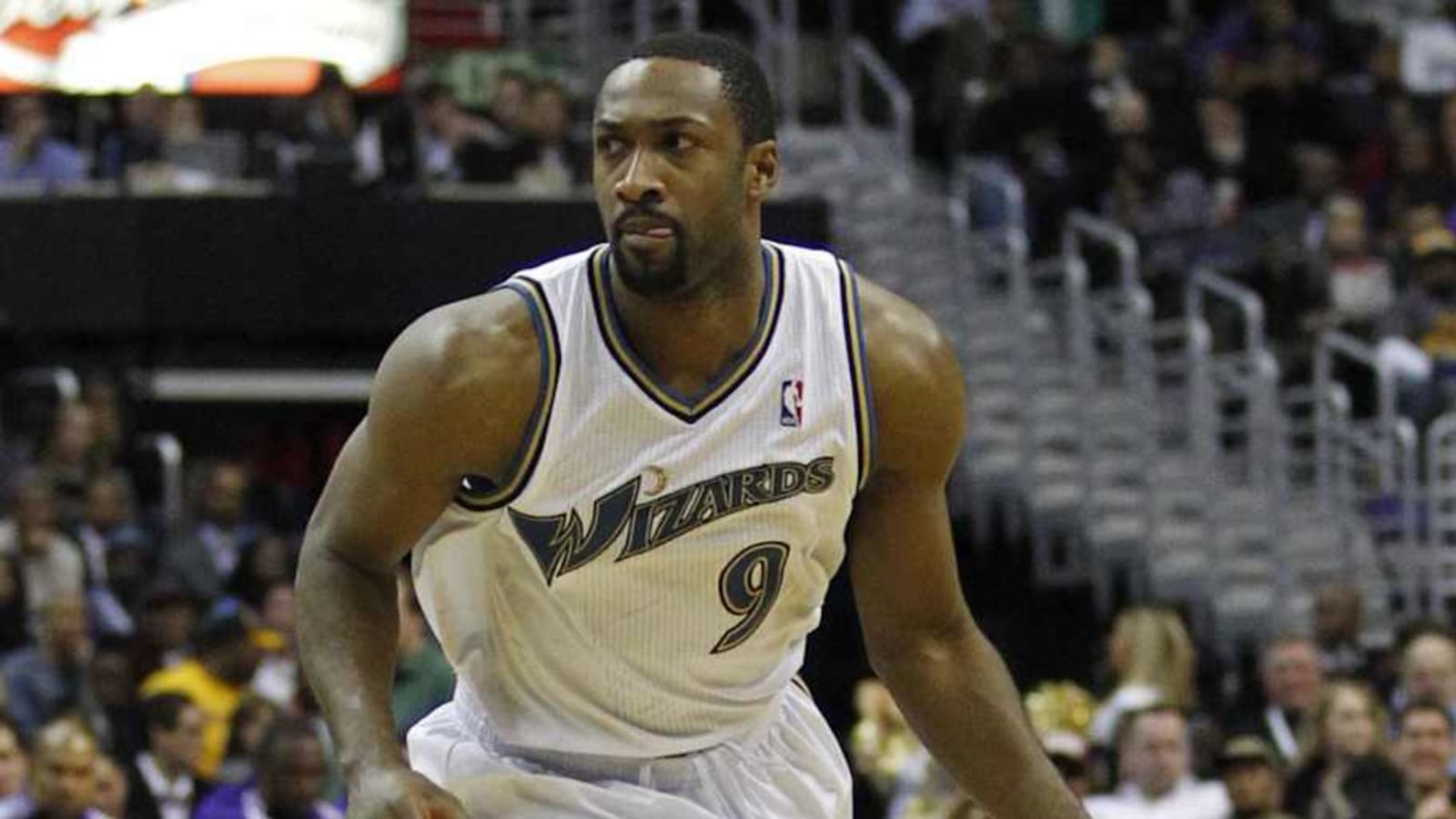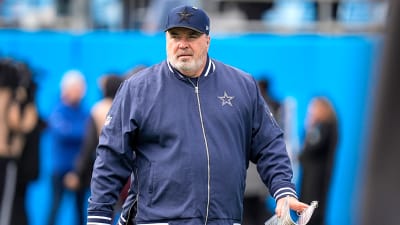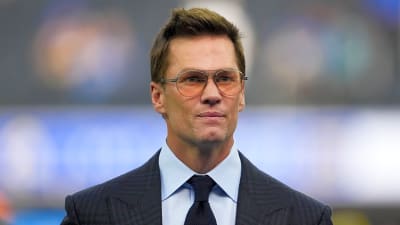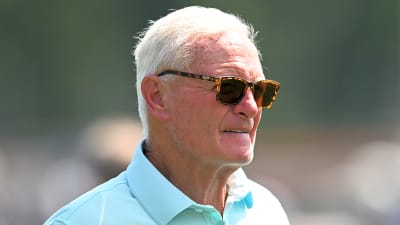
For anyone too young to remember the Washington Bullets 1978 championship team or names like Earl Monroe and Moses Malone, the Gilbert Arenas era was the first time seeing the Washington Wizards play playoff basketball. The Chris Webber and Juwan Howard teams were solid and had merit but it was Gilbert Arenas, Antwan Jamison, and Caron Butler who made basketball fun again in the nation's capital.
Outside of being one of the top scorers in the NBA over the span of three seasons, his injuries and off-court issues are what most fans remember, when it comes to Gilbert Arenas.
In a recent interview on VladTV, Arenas shared that he continued collecting payments after he stopped playing with the team in 2011 until 2016. “So for five years you got to just sit around on your couch,” DJ Vlad said with a laugh. “Cause you were like one of the highest-paid players that wasn’t even playing. That was wild!”
Gilbert responded with, "I get the call from Abe Pollin. And he says, 'Whatever you want, you did what you said you were gonna do. You got me out of my Jordan era, you turned this franchise around, and I owe you whatever you want,'" Arenas recalled on an episode of his own podcast, “No Chill with Gilbert Arenas.”
"When we sit here and complain about people's money, remember someone's giving them that. It's a value to that person. You don't know what that person's done to get that ... It's not always about the numbers that you see."
To kind of sum everything up, when he signed his $111 million deal for six years in 2008 even though he injured his knee and never produced as he did before the injury, he believed he earned that money because of his potential and what he did for the team. Is he right?
He made the Wizards relevant
If you look at the contract through the lens of what player he was before the injury, he was box office in DC. He came over as a free agent and his choice came down to a coin toss. In Washington, he got better every year and led them to the playoffs for four years straight. His scoring average went from 19 PPG to 29 PPG in his first four years in a Wizards uniform.
While they couldn't get past the 2nd round, they found more sustained playoff success than the Chris Webber-led Bullets. From hitting game-winning shots to going toe to toe with Kobe Bryant, Gilbert Arenas made basketball fun in DC again. He was also active off the court, famous for giving out basketball shoes in the Barry Farms area of DC. So when you look at the deal from that perspective, it seems like he earned the contract. Is it enough?
Availability is your best ability, potential isn't enough
If we look at his contract from the perspective of potential and availability, it could change your opinion a bit. After his knee injury, the Wizards were never again in the position to make the playoffs and had to trade both Caron Butler and Jamison away. He barely played and his contract held the Wizards down financially for years and the team had no future until a kid named John Wall came on the scene. Paying Arenas to sit is like paying someone at Jersey Mikes to give you stock advice, waste of time. Sometimes in sports, emotions get in the way and this is another example of that. He got paid for what he did and not for what he could provide.
When it comes to him being paid based on potential, it still doesn't make sense. His knee was shot and the Wizards had no idea how he would come back from such an injury and what kind of player he would be. Paying top dollar for a player with potential is risky but necessary at times but paying top dollar for a player with a significant knee injury is another thing.
In summary, I get wanting to pay Gilbert Arenas based on what he did for the team before the injury but paying him knowing he would be hurt and not knowing whether he would be a franchise cornerstone still was bad business and has started a dangerous trend in the NBA. Paying players with potential isn't a new thing or frowned upon but paying top dollar for players who have an injury, off-the-court issues, or conditioning issues rarely works out, and in this case, it was the wrong choice.
More must-reads:
- Lakers among three teams interested in Warriors' Jonathan Kuminga
- NBA goes chalk with Rising Stars rookie team
- The 'Youngest Conference Champ QBs' quiz
Breaking News
Trending News
Customize Your Newsletter
 +
+
Get the latest news and rumors, customized to your favorite sports and teams. Emailed daily. Always free!








